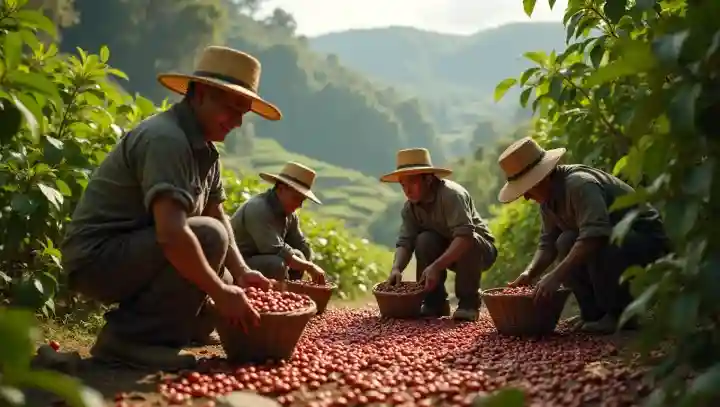
In the highlands of Colombia, Fair Trade coffee production is witnessing a surge in global consumer interest as ethical considerations increasingly influence purchasing decisions. Organizations like Fairtrade International report a growing shift toward certified coffee that guarantees fair wages and working conditions for farming communities. This transformation results from heightened awareness about the social and environmental impact of coffee cultivation. Unlike traditional trade models, Fair Trade coffee ensures that smallholder farmers receive premium prices, fostering economic stability and incentivizing sustainable agricultural practices. Industry analyst Dr. Emily Carson highlights that "Fair Trade coffee not only enhances the quality of beans through sustainable methods but also empowers marginalized farmers, creating long-term value for both producers and consumers." This sentiment echoes throughout key coffee-exporting regions. Moreover, market trends reveal that retailers in North America and Europe are increasingly dedicating shelf space to Fair Trade products, tapping into consumers’ growing demand for transparency and ethical standards in the food supply chain. This dynamic interplay underscores the evolving landscape of global coffee trade. As climate challenges threaten coffee yields worldwide, Fair Trade initiatives also emphasize environmental stewardship, promoting agroforestry and biodiversity. This holistic approach strengthens the resilience of coffee farming communities, securing livelihoods amid uncertain futures.